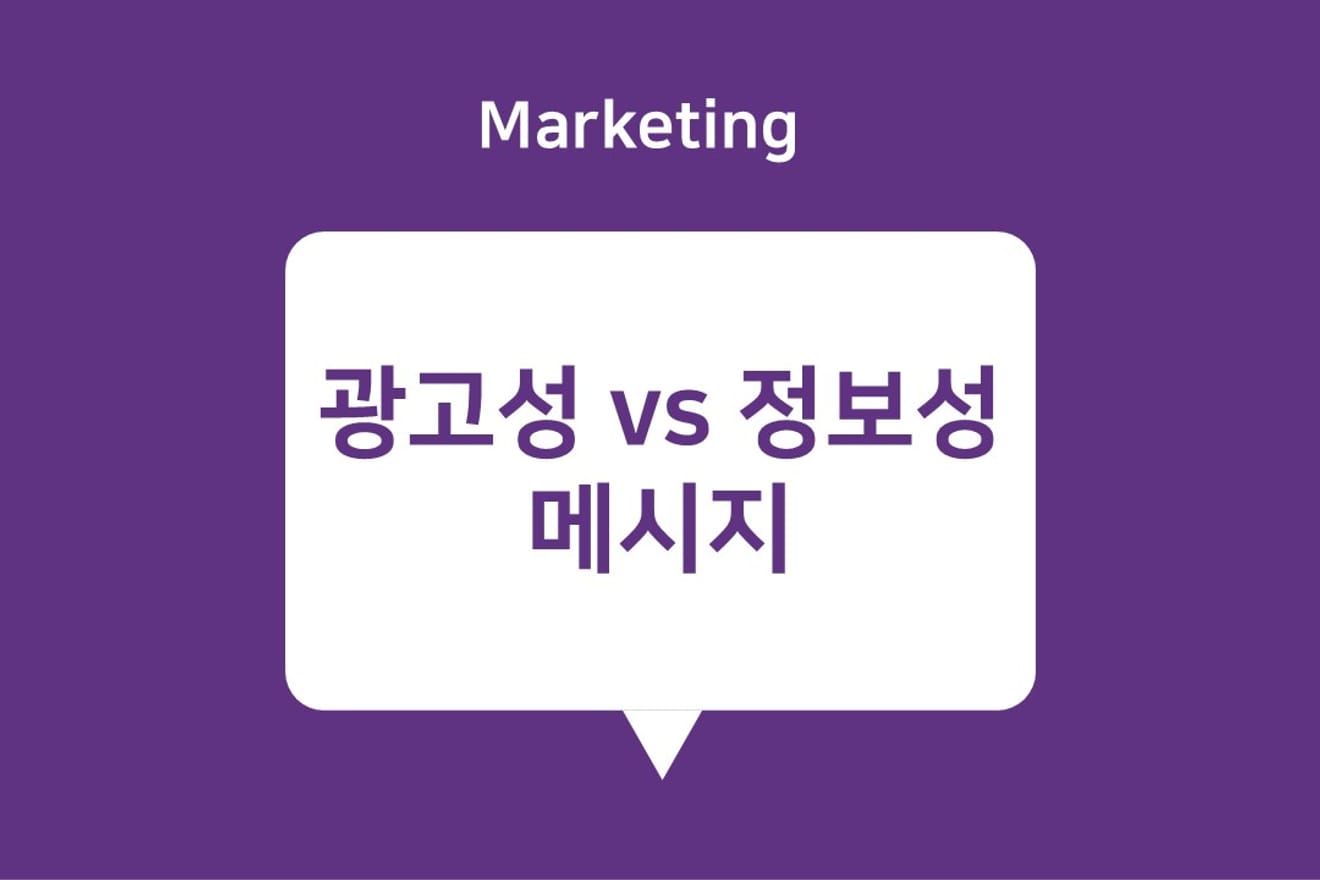Subject
- #Text Message Sending
- #Email Sending
- #Informational Messages
- #Legal Issues
- #Promotional Messages
Created: 2024-10-22
Created: 2024-10-22 12:20
In South Korea, when sending text messages or emails, it's crucial to clearly distinguish between promotional and informational messages. Incorrect classification can lead to legal issues, so accurate understanding and use are necessary. This article explains the differences between the two message types and, through examples, shows how to distinguish them in actual sending situations.

The Difference Between Promotional and Informational Messages
Promotional messages are texts or emails written for commercial purposes and sent to induce the purchase of goods or services or to promote sales. These messages are designed to attract consumer interest and lead to purchases, and mostly include promotional information, including discounts. In South Korea, when sending promotional messages, prior consent from the recipient is required, and a method for unsubscribing must be specified.
These messages focus on providing commercial benefits to the recipient or promoting specific products, and aim to prompt immediate action from the recipient (e.g., purchase, application).
Informational messages aim to deliver useful information or announcements to the recipient, with little to no commercial intent. They primarily provide important information that the recipient may need, such as service usage notifications, public service announcements, product usage instructions, and update news. Since informational messages have no commercial purpose, they can be sent without separate consent.
These messages focus on improving the recipient's service experience or delivering important information, purely for the purpose of providing information without commercial inducement.
In South Korea, promotional and informational messages are distinguished based on the purpose and content of the message. Promotional messages aim for commercial gain by inducing product sales or service subscriptions, while informational messages deliver service usage instructions or related information with little to no commercial elements.
When sending promotional messages, prior consent from the recipient is required, and the method for unsubscribing must be clearly indicated. On the other hand, informational messages can be sent without consent, but care must be taken to ensure that they do not contain commercial content.
Comments0